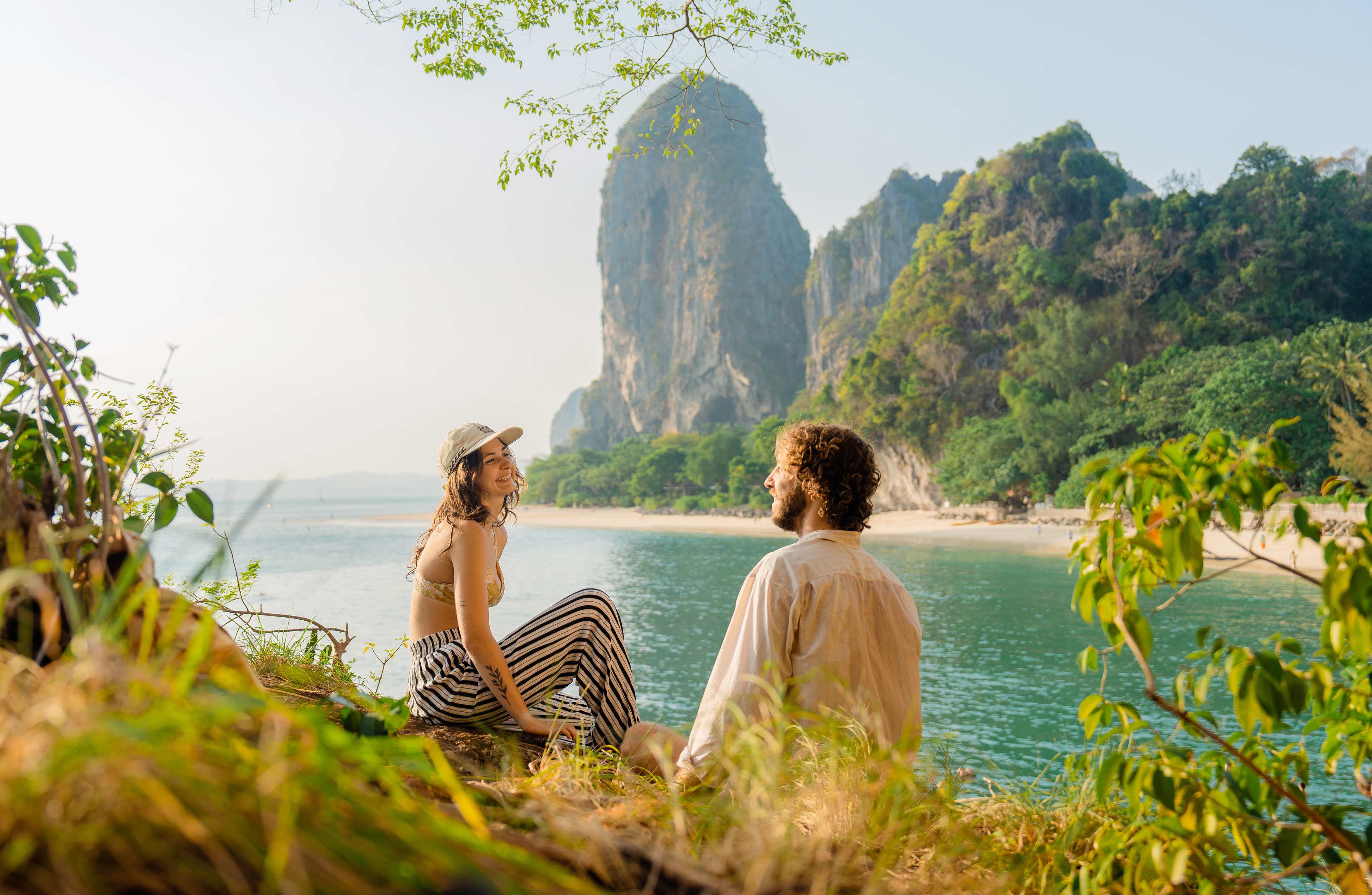Culture & Traditions
Discover Ghana's rich culture, history, and stunning natural landscapes.
Inhabited for at least several thousand years, Ghana is a multiethnic country rich in both history and natural beauty. Sandwiched between Togo and Cote d’Ivoire on the Gulf of Guinea, it is also one of West Africa’s most stable and democratic states. The tropical, mostly lowland nation is just a few degrees north of the equator and slightly smaller than Oregon, covering a total of more than 239,000 sq-km (92,278 sq-mi). Its population of nearly 35 million people makes it the second most populous country in the region, with the majority of Ghanaians having descended from the Akan, an ethno-linguistic group believed to have migrated from the Sahara and Sahel regions around the 11th century. Other major ethnic groups in Ghana today include Mole-Dagbon, Ewe, Ga-Adangbe, and Gurma.
In 1957, Ghana became the first colony in sub-Saharan Africa to achieve its independence from a European power (Great Britain in its case). Having subsequently devoted itself to decolonization and to Pan-Africanism, it is highly involved in international affairs and prides itself on maintaining a global outlook. To that end, Ghanaians place great emphasis on education and literacy (there are at least three major universities in Ghana and the national literacy rate is nearly 80 percent), on developing industries such as tourism (the country has been attracting over a million tourists annually for well over a decade) and even on a fledgling space program focused on research in space sciences.
What is the visiting etiquette in Ghana?
Ghana is a generally conservative society, so it’s advisable to behave discreetly and to dress modestly in most situations, especially in or around places of worship (the majority of Ghanaians are Christians, while Muslims make up a sizeable minority). Dressing conservatively, however, doesn’t mean foregoing colour, as many Ghanaians wear kente cloth, a vibrantly patterned textile that dates to the bygone Ashanti Empire. One type of attire that should be avoided is military clothing or clothing that has military elements, which are prohibited. Also prohibited is smoking in public areas, although it’s sometimes allowed in private businesses, such as bars or restaurants.
What is Ghana best known for?
Ghana is the seat of Ashanti culture, known for its bright fabrics and exquisite woodworking. The once-dominant Ashanti Empire was a trading and military powerhouse in this part of West Africa from the 18th century well into the 20th. The modern-day Ashanti king still lives in Kumasi, Ghana’s second-largest city, where two museums—the Manhyia Palace Museum and Prempeh II Jubilee Museum—house an array of important Ashanti artifacts.
Kumasi is also home to sprawling Kejetia Market, which may be the quintessential African marketplace, offering everything from clothing to cooked food across 11,000 stalls; Makola Market in Accra, Ghana’s capital, is equally impressive.
In addition to its bustling urban centres, Ghana is also known for its sublime natural wonders, from wildlife-rich parks (Mole National Park, the country’s largest, shelters some 90 species of mammals, including elephants, baboons and antelope) to sandy Atlantic beaches (Bojo Beach, just west of Accra, is among the most pristine).
What are some Ghanaian traditions?
Although most Ghanaians identify as Christian, many uphold traditions and beliefs linked to their tribal ancestry, particularly in rural areas. Children from the Ashanti and Fante tribes, for instance, are frequently given names corresponding to the days of their birth, such as Adwoa (which means Monday) or Ama (Saturday). This name can be either their first or their middle name.
At the other end of the life spectrum, Ghana also has an interesting tradition of designing and building elaborate coffins. Typically, these custom-made caskets—true works of art that can take months to create—allude to the occupant’s status or job. Some of the examples realized by carpenter-artisans in Accra and Kumasi include coffins in the shape of automobiles, chili peppers and even cocoa pods, the latter reflecting Ghana’s status as one of the world’s biggest exporters of cocoa.
In between, most Ghanaians share a common passion: soccer (aka football). If they aren’t playing it, they’re likely watching it— on game days, the country’s ardent fans will gather by the dozens around TV screens everywhere to cheer on favourite European teams such as Manchester United.
What are Ghanaian people like socially?
Ghanaians are very sociable people—with the deep-seated social conventions to prove it. Greetings, for instance, are a big deal in the country—it’s considered rude to not greet others at the first instance of meeting. When people enter a room, they should say hello, good morning, good afternoon or good evening. When they meet a group of adults and greet them with handshakes, they should start with the person on the farthest right.
The left hand, in fact, is universally regarded as offensive. Never pass anything with your left hand; always use your right hand to convey or receive anything. Pointing at people is also considered rude, as is the thumbs-up sign.
At the same time, it is not uncommon for Ghanaians to be habitually late for gatherings by as much as two hours. This tardiness is often related to the challenges of getting around in the big cities, but the phenomenon is countrywide—Ghanaians even tease each other about how bad their timeliness can be.
When they are late, Ghanaians will no doubt call to let you know, as they tend to prefer verbal conversations over texting or online chat. Consequently, visitors who are spending a protracted amount of time in the country should get a local SIM card, so that they have a Ghanaian number. Drivers often call their passengers to find out exactly where they are.
What language do Ghanaian people speak?
Although English is Ghana’s official language, the Twi language of the Ashanti people is the most commonly spoken language in the central and southern parts of the country, while Dagbani (the language of the Dagoma people) dominates in the north. Nonetheless, English is widely used and understood, as is French.
Travel Stories
Get inspired about Your Trip to Ghana
Unlock more by subscribing to our newsletter.
With our newsletter, you’ll get access to regular communications that inspire you and help you explore the world your way.



